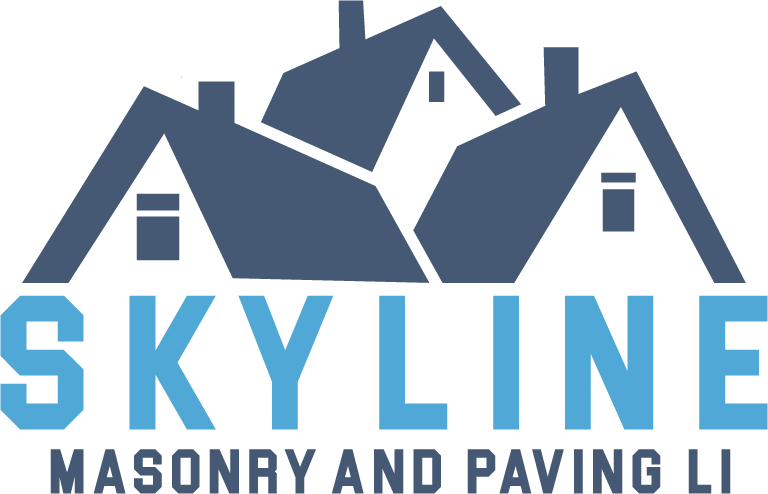
Paving contractors play a crucial role in shaping the infrastructure of neighborhoods and commercial areas alike, especially in growing suburban regions like Long Island, New York. If you’re considering entering the field, you’ll need more than just hands-on experience. Becoming a licensed paving contractor in Long Island involves meeting specific legal, technical, and safety standards.
Here’s a breakdown of what it takes to launch your paving business in this region of New York.
1. Meet Basic Eligibility Requirements
Before diving into certifications or licenses, make sure you meet the baseline criteria:
Be at least 18 years old
Have a high school diploma or equivalent
Possess a valid driver’s license
Be eligible to work in the United States
2. Gain Relevant Experience and Skills
While not always a legal requirement, most paving contractors start with hands-on experience, either as a laborer or apprentice. Skills you’ll need include:
Asphalt and concrete application techniques
Use of paving machinery (rollers, pavers, sealcoating machines)
Site preparation and grading
Safety protocols and compliance (OSHA)
Enrolling in a vocational school or trade program in construction or heavy equipment operation can give you an edge.
3. Register Your Business Entity
In New York, you must register your business through the New York State Department of State. You’ll need to:
Choose a business structure (LLC, sole proprietorship, etc.)
Register your name
Obtain a Federal Employer Identification Number (EIN) from the IRS
If operating in Nassau or Suffolk County, you may also need to register locally.
4. Obtain a Home Improvement Contractor License
Long Island consists of both Nassau and Suffolk counties, each with slightly different licensing requirements.
Nassau County:
Apply through the Office of Consumer Affairs
Submit proof of liability insurance and worker’s compensation
Complete a background check and provide financial disclosures
Pass a trade and/or business law exam (varies)
Suffolk County:
Apply through the Department of Labor, Licensing & Consumer Affairs
Meet similar insurance, identification, and exam requirements
Note: If you plan to work in the five boroughs of NYC as well, you’ll need separate licensing through the NYC Department of Consumer and Worker Protection.
5. Get Bonded and Insured
To protect both you and your clients, you’ll need:
General liability insurance (minimums typically start at $100,000)
Workers’ compensation insurance (if hiring employees)
A contractor’s bond (required by many municipalities)
6. Stay Compliant and Renew Regularly
Licenses in Long Island typically expire every 1-2 years. You’ll need to renew them on time and may be required to take continuing education courses, especially as regulations change.
Final Thoughts
Breaking into the paving industry in Long Island is more than just mastering asphalt—it’s about following legal procedures, ensuring safety, and building trust through licensure and professionalism. With the right qualifications, training, and paperwork in order, you’ll be laying the foundation (literally!) for a successful contracting business.
